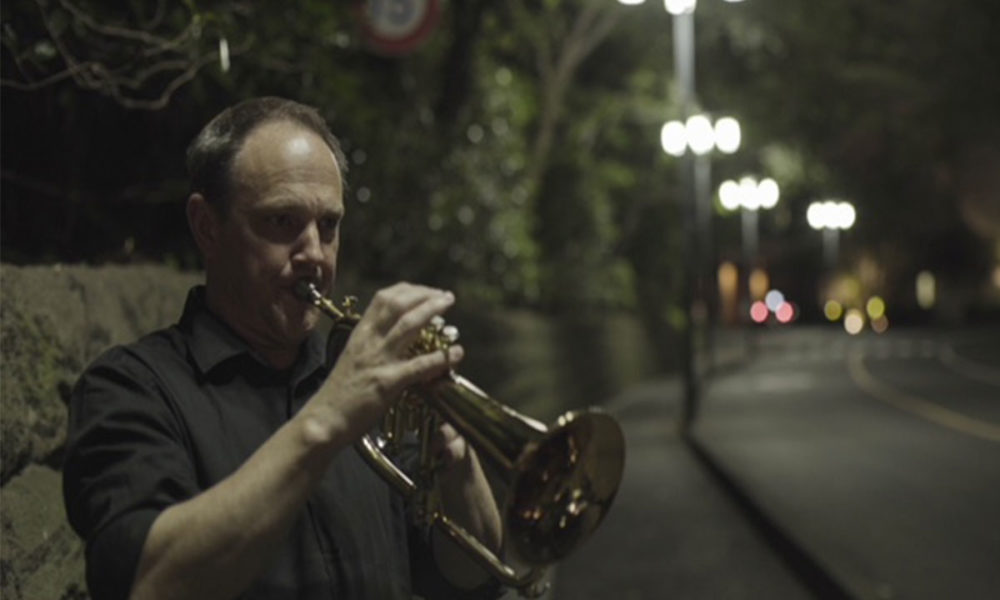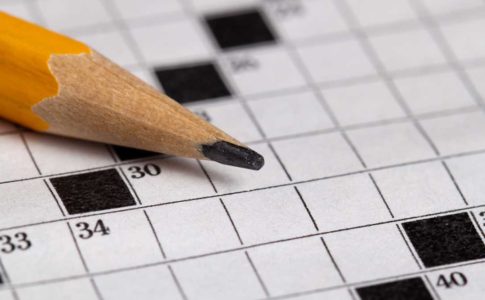Young trumpet players: Let’s talk shop! No matter how long you have been playing, it’s important to develop a solid foundation of fundamentals. Every time you see professional athletes practicing their sport, they are always working on fundamentals.
Warmup
By having a solid warmup routine, you will be able to move to the next level and continue to improve. A solid warmup helps your concept of sound, rhythm, and intonation. Working on fundamentals will also help your listening skills. Individual, section, and ensemble playing will all get better.
Finding your sound is one of the keys for a good warmup. Begin in middle register using no articulation at first (“HO”). Keep your airflow steady whether sustaining or changing notes. Keep your sound round, centered, and consistent. Once you have found your sound, gradually increase the range in both directions by playing scales, lip flexibilities, and flow exercises.
Wind Patterns
Play the passage you want to practice with wind into the palm of your hand. Use lots of air and breath when needed.
On your trumpet, slur tongued passages to improve flow and tone. Tongue slurred passages to fix rhythm and precision.
Flow
For flow of a phrase, a great practice technique is to play the passage on low F# forte. Playing this note and dynamic will create a lot of resistance on your trumpet. After this exercise, practice the passage as written. It should feel much easier.
Another option to practice flow of a phrase is to play it on “G” and alternate fingerings between 0 and 1/3.
You can also master difficult fingering passages by trying it with your left hand or playing the notes backwards.
Every time we pick up our instrument, we want to become a better musician. Practice with specific goals and in small segments of time. Your private teacher or band director will be able to provide you with more guidance. Remember we never work our trumpet; we play our trumpet!


